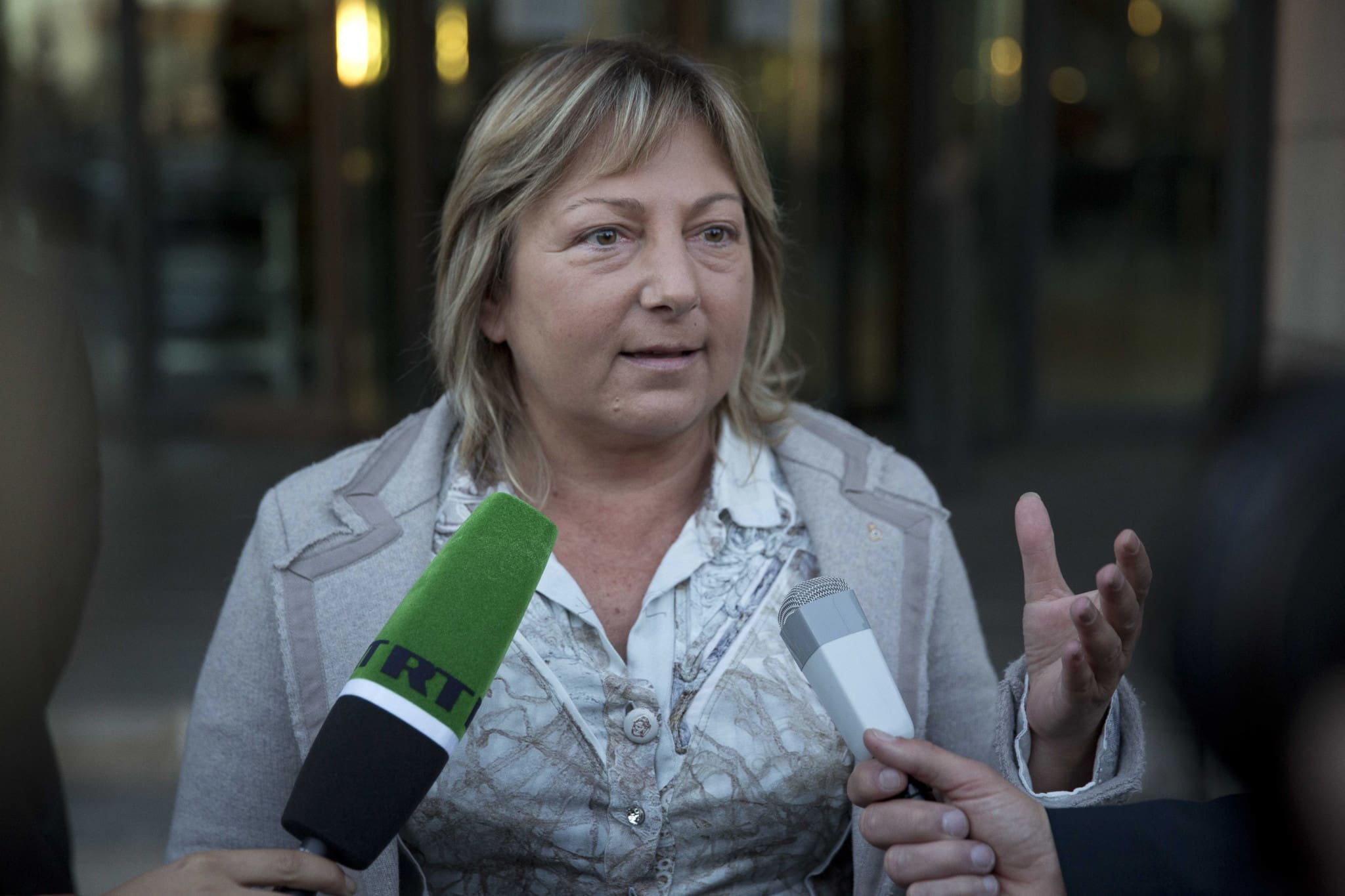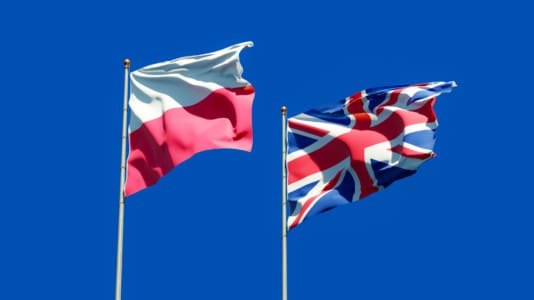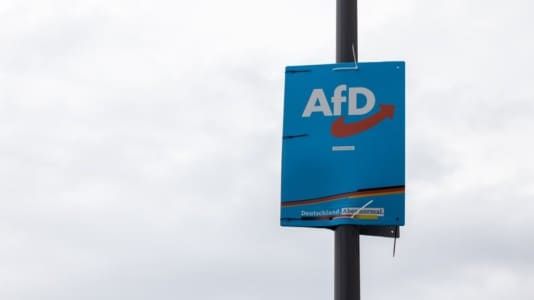The British government must introduce measures to make the U.K. less appealing for asylum seekers and economic migrants if it is to stem the flow of record illegal immigration currently being experienced via the English Channel, Calais Mayor Natacha Bouchart said.
The mayor of the French port town, now infamously known as a base camp for those waiting to cross the Channel in small boats to reach Britain, told Sky News that her town was being used to do “the dirty work” of Britain; she warned that while Britain remains an appealing destination for economic migrants, the core problem of illegal immigration will continue to exist.
Britain and France signed another agreement on Monday in an attempt to curb the record-level number of migrants crossing from the European mainland to Britain this year.
The British government will pay France £63 million a year to increase its surveillance on French beaches and allow British police officers to observe patrols on French territory.
However, Bouchart is skeptical as to whether this will have any effect.
“There will be more and more agreements in the future, but if the root of the problem is not dealt with, it will not change,” she told the British broadcaster.
“To prevent the flow of migrants, the U.K. must become less welcoming, and it just won’t do that,” she added.
One area in which the Calais mayor suggested Britain could legislate to tackle the ever-growing issue is with ID cards.
She told the broadcaster that the lack of identity cards in Britain enables illegal immigrants to slip under the radar and enjoy freedoms they simply do not have in many European nations.
It is too easy for migrants to slip into the “black economy,” she added.
Calais has become notorious as a town of purgatory for migrants over the past decade. Despite the infamous Calais jungle being dismantled in 2016, it has remained a desirable destination for scores of migrants traveling across the European mainland intent on reaching Britain.
The agreement signed between Britain and France will see a 40 percent increase in the number of police officers patrolling beaches in Calais and the surrounding area; however, it is unclear how the terms of Monday’s deal between the British and French government will alleviate the issues facing the town and its local residents who have had to accept the presence of thousands of illegal migrants now for many years.
Bouchart added that while she would be happy to discuss the ongoing problems with the British government, policy-makers such as U.K. Home Secretary Suella Braverman “never come to talk to the mayor of Calais, who is actually in charge here, day and night.”






